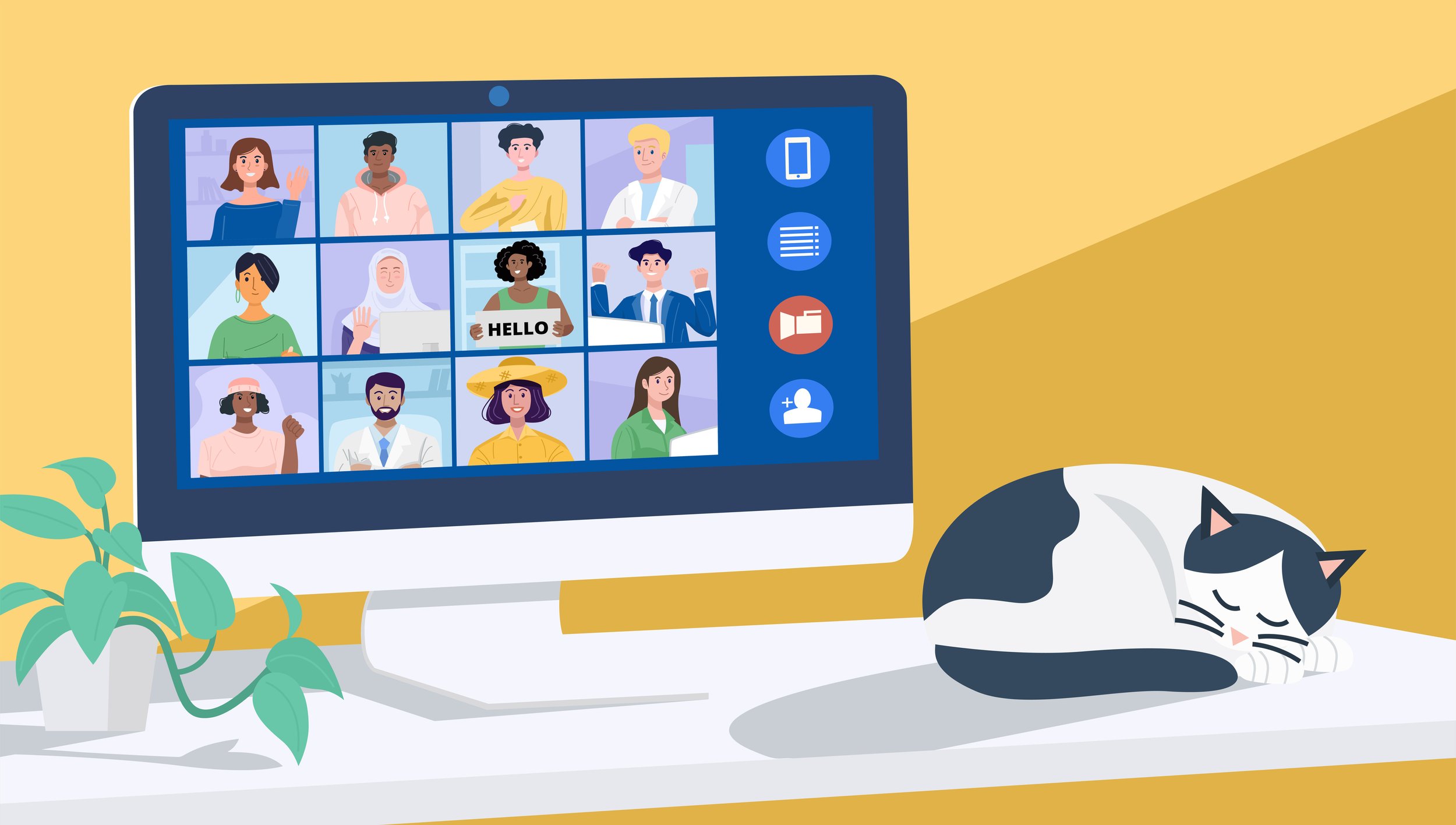organising Remote service delivery with us
Telehealth and other combinations of remote service delivery in allied healthcare are here to stay and if done correctly, can improve access and participation for people in the disability sector. Let us talk about what you can expect from Your Disability Psychology.
What is remote service?
It is the use of phone consults and live video chat either as a standalone service or in combination with face to face sessions, to provide psychological assessments to our clients/participants.
Who is it for?
- Anyone living in Australia.
- You require a diagnostic assessment, functional capacity assessment, housing needs assessment, or need detailed support recommendations for carers to follow.
-You have a reliable phone connection and/or internet service, or can arrange for access via a public library or their GP/allied health professional’s office.
It is not suitable for
- Those requiring comprehensive cognitive assessments such as intellectual assessments, assessments of attention and memory, executive function, etc.
-Those experiencing delusions or hallucinations that are focused on TV monitors, cameras, screens, or phones.
-Those who have a clear preference for face to face contact due such issues as sensory sensitivities, past trauma and related difficulties with rapport, etc.
-Do not have access to a quiet space to talk, or a reliable phone/internet connection.
What does the process look like?
Duration of sessions: Assessments will be conducted over the course of 60-90 minute sessions, and approximately 3 such sessions will be booked.
Mode of service: I typically use a hybrid method of remote service delivery - combination of phone + video chat so that I am able to make behavioural observations of you that are crucial to mental health assessments.
On the day of your appointment: You will receive a call on your phone from me or will be sent a video-link for you to click on and join the session. No apps or programs will need to be downloaded for this.
During the session: Care is taken to keep the process as close to the face to face format as possible. This is where my extensive experience delivering remote assessments comes in handy!
Obtaining multiple sources of information: Like my face to face appointments, I will ask you to nominate names and contact details of other people who can contribute to the assessment - these are people who have regular contact with you and are able to comment on your symptoms, functioning, or history.
